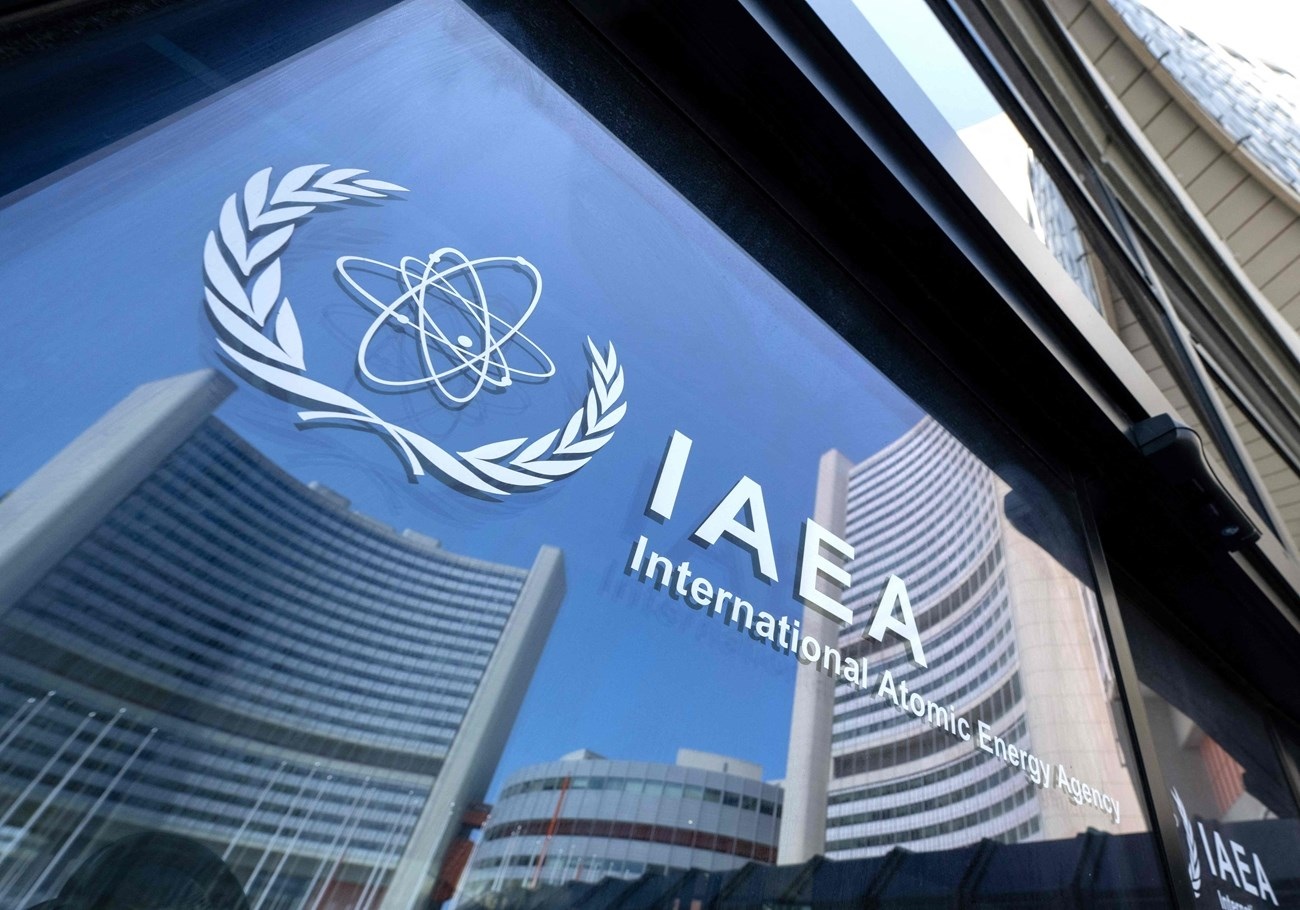Iran’s parliament on Wednesday, June 25, 2025, passed a bill to suspend much of the country’s cooperation with the International Atomic Energy Agency (IAEA), in a move that underscores growing tensions.
This follows a 12-day conflict with Israel and a wave of U.S. airstrikes that targeted Iranian nuclear facilities.
The legislation, which stops short of a complete withdrawal from IAEA oversight, signals Iran’s intent to accelerate its civilian nuclear program while pushing back against what it calls “Western aggression.”
It also sets new conditions for any future cooperation with the United Nations’ nuclear watchdog, including guarantees for the safety of Iranian nuclear scientists and facilities.
Speaking exclusively to Al Jazeera, Iranian Foreign Ministry spokesperson Esmaeil Baghaei said the vote was a response to “unjustified and illegal” attacks that severely damaged critical infrastructure.
He accused the U.S. of “torpedoing diplomacy” and declared that Iran would no longer engage with the IAEA under current circumstances.
“The agency failed to condemn the strikes on our nuclear facilities.
“It remained silent,” said Parliament Speaker Mohammad Bagher Ghalibaf during Wednesday’s session.
“So long as our scientists and sites remain vulnerable, cooperation is not possible.”
The bill now moves to the Guardian Council — a powerful body of clerics and legal experts — for legal and religious review.
If approved, it will proceed to the Supreme National Security Council and then to the government for final implementation.
The IAEA, meanwhile, has expressed alarm.
Director-General Rafael Grossi confirmed he had already written to Tehran seeking to resume inspections and assess potential damage to Iran’s nuclear stockpile, particularly enriched uranium.
“We need access. We need engagement,” Grossi said.
However, relations between Tehran and the IAEA have deteriorated sharply in recent weeks.
Iranian officials were angered by the agency’s critical stance just before Israel launched its attack on June 13.
Iran now insists it had already relocated sensitive materials and equipment in anticipation of a possible strike.
Despite the damage, Iranian officials remain defiant.
Reporting from Tehran, Al Jazeera correspondent Ali Hashem said it was “clear that Iran’s nuclear program will continue despite everything that has happened.”
International response has been divided. Kremlin spokesperson Dmitry Peskov described Iran’s decision to limit IAEA access as a direct consequence of U.S. and Israeli military actions.
“When diplomacy is ignored, retaliation is inevitable,” he said.
Meanwhile, U.S. intelligence officials have downplayed the long-term impact of the strikes, assessing that the bombings only delayed Iran’s nuclear capabilities by several months.
That directly contradicts U.S. President Donald Trump’s assertion that the facilities at Fordow, Natanz, and Isfahan were “obliterated.”
Trump, speaking from the NATO summit in The Hague, stood by his claim.
“They’re not going to have a bomb and they’re not going to enrich,” he said.
He also confirmed that U.S. and Iranian officials plan to resume direct talks next week.
Iran’s state media reported Wednesday that internet restrictions imposed during the conflict are being lifted.
“The communication network is gradually returning to its previous state,” the Islamic Revolutionary Guard Corps (IRGC) announced.
The country’s airspace is also set to reopen on Thursday, marking a tentative return to normalcy.
However, the conflict has left deep scars.
Iranian officials reported that 627 civilians were killed in Israeli strikes, with nearly 5,000 injured.
Adding to the tension, Iran confirmed the death of Ali Shadmani, head of the IRGC’s central command, from wounds sustained during Israeli attacks.
The IRGC has vowed “harsh revenge.”
Diplomatic fallout continues. Iran harshly criticized NATO Secretary-General Mark Rutte for praising the U.S.-led strikes.
“It is disgraceful, despicable, and irresponsible,” Baghaei wrote on X, formerly Twitter.
“Celebrating aggression against a sovereign nation undermines global norms.”
For now, the fragile ceasefire between Iran and Israel appears to be holding.
An Israeli official said the agreement amounts to a “quiet-for-quiet” deal, without further concessions regarding Iran’s nuclear program.
Still, with inspections suspended, hostilities barely cooled, and Iran’s nuclear ambitions moving ahead, the risk of renewed confrontation remains dangerously high.







